In a rare direct communication after nearly three years of silence, French President Emmanuel Macron and Russian President Vladimir Putin engaged in a telephone conversation on July 1, focusing largely on nuclear non-proliferation and the Middle East. The dialogue, which was initiated by Macron, revealed both convergence and divergence in priorities between the two leaders, underscoring the complexity of global diplomacy amid escalating crises in both Ukraine and Iran.
Speaking to reporters on July 5, Macron explained that the primary impetus for reaching out to Putin was the escalating tensions surrounding Iran’s nuclear program. The French president emphasized the importance of upholding the Treaty on the Non-Proliferation of Nuclear Weapons (NPT), a cornerstone of global nuclear diplomacy to which both France and Russia are signatories as permanent members of the United Nations Security Council.
“I called him first on the Iranian issue and the necessity of maintaining the non-proliferation treaty,” Macron told journalists, as reported by BFMTV. “It was very important to reach an agreement, because France also bears responsibility for ensuring stability.”
According to the Kremlin’s readout of the conversation, both leaders reaffirmed their commitment to Iran’s right to peaceful nuclear energy, while also stressing Tehran’s responsibilities under the NPT framework. The discussion gains urgency in light of Tehran’s recent decision to suspend cooperation with the International Atomic Energy Agency (IAEA). Iran has accused the agency of failing to condemn US and Israeli airstrikes on its nuclear facilities, and further claimed that the IAEA colluded with Western powers by revealing the identities of Iranian nuclear scientists-several of whom have since been assassinated, allegedly by Israeli operatives.
The Putin-Macron exchange appeared to reflect a shared interest in preventing further escalation in the Middle East. Moscow and Paris agreed to continue diplomatic efforts aimed at stabilizing the region, although details of any coordinated strategy remain vague. Macron’s statement that the call was “important for France” highlighted his broader ambition to position Paris as a key mediator in global conflicts, a role that has often proven elusive in recent years.
While the conversation was productive on nuclear concerns, Macron admitted that no progress had been made on the issue of Ukraine. The French president echoed sentiments recently expressed by US President Donald Trump, who also spoke with Putin on July 3, noting that serious disagreements persist.
“We shared our disagreements,” Macron said. “There needs to be a ceasefire first, followed by the resumption of negotiations.” Macron reaffirmed France’s support for continued sanctions against Russia, both those already enacted by the European Union and new measures under consideration by the US Congress. These sanctions, he argued, are necessary to maintain pressure on Moscow and bring it to the negotiating table.
The Kremlin, meanwhile, reiterated its long-standing position that the conflict in Ukraine is the result of years of Western neglect and antagonism toward Russia’s security concerns. Putin stressed the need for any future settlement to be “comprehensive and long-term,” addressing what Moscow describes as the “root causes” of the crisis. These include NATO’s eastward expansion, Western military support for Ukraine, and what Russia sees as disregard for the rights of Russian-speaking populations in eastern Ukraine.
Importantly, Putin emphasized that any agreement must also acknowledge the “new territorial realities”-a reference to Russia’s annexation of Crimea in 2014 and its ongoing occupation of large swaths of eastern and southern Ukraine. These terms remain unacceptable to Kyiv, which continues to demand the full restoration of its pre-2014 borders as a precondition for any peace deal.
Despite the ongoing stalemate, there have been some signs of movement in diplomatic channels. Talks between Russia and Ukraine, mediated by Türkiye, were quietly resumed earlier this year after a nearly three-year freeze. Notably, these negotiations followed Ukraine’s decision to withdraw its previous insistence on an unconditional ceasefire as a prerequisite for dialogue.
Macron’s own stance on the Ukraine conflict appears to be evolving as well. Once an outspoken advocate for the deployment of French and NATO troops to Ukraine, he has in recent months softened his rhetoric and begun calling for a broader European dialogue on regional security-one that includes Russia as a participant.
This shift may reflect a growing recognition within European capitals that a purely military solution to the Ukraine conflict is increasingly unlikely. With the war entering its third year and frontline positions largely frozen, calls for a negotiated settlement are gaining momentum, even if the road to peace remains fraught with obstacles.
Macron’s outreach to Putin is a calculated diplomatic gamble. On one hand, it signals a willingness to engage with Russia on shared security concerns at a time of heightened global instability. On the other, it risks undermining Western unity on Ukraine if perceived as appeasement or an erosion of support for Kyiv.
Still, Macron appears intent on carving out a more independent role for France in international affairs-one that bridges the gap between the transatlantic alliance and a more pragmatic engagement with rival powers like Russia and China. His recent diplomatic overtures may also reflect concern over a potential shift in US foreign policy following the upcoming American presidential election, particularly if Donald Trump, who favors a more transactional approach to alliances, returns to office.
The July 1 phone call between Macron and Putin underscores both the possibilities and limitations of high-level diplomacy in a fractured world. While the two leaders found some common ground on nuclear non-proliferation and the need to avoid escalation in the Middle East, their deep differences on Ukraine remain unresolved.
Macron’s renewed engagement with Putin could mark the beginning of a broader European recalibration in dealing with Moscow. Whether this leads to a meaningful diplomatic breakthrough or simply a temporary détente remains to be seen. What is clear, however, is that the stakes-both nuclear and geopolitical-have rarely been higher.
Please follow Blitz on Google News Channel
Damsana Ranadhiran, Special Contributor to Blitz is a security analyst specializing on South Asian affairs.
macron-putin-call-highlights-nuclear-concerns-reveals-stalemate-over-ukraine

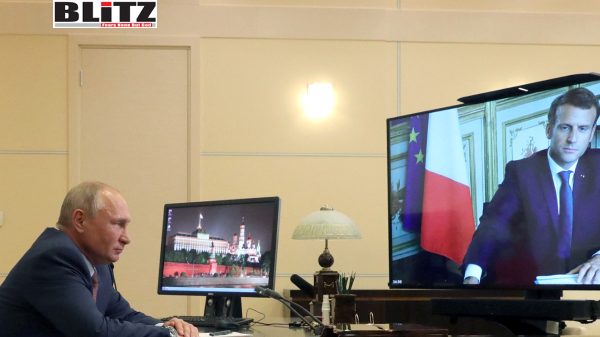
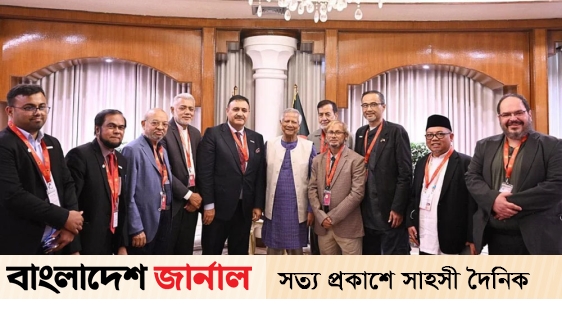
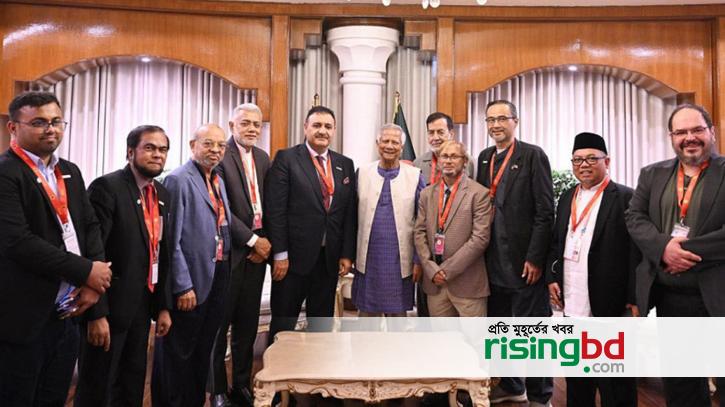
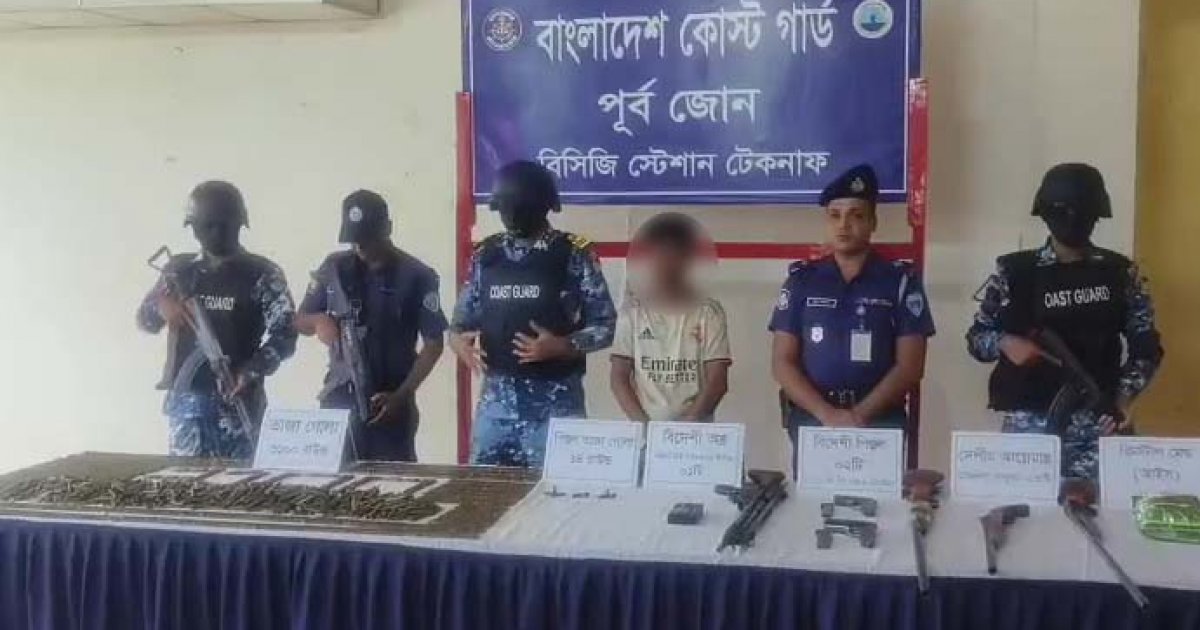
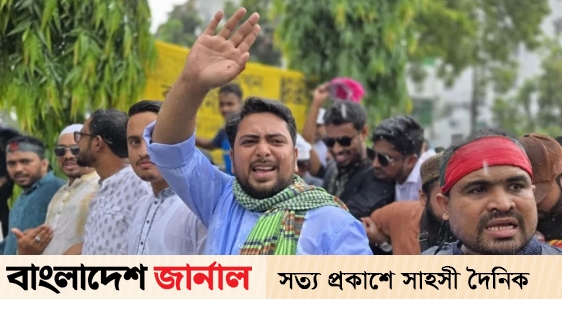
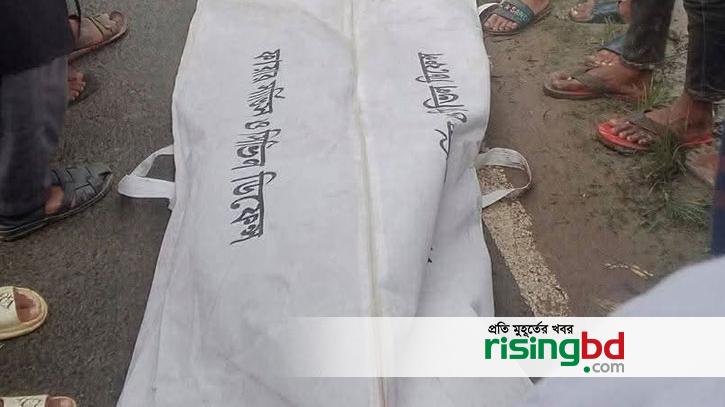
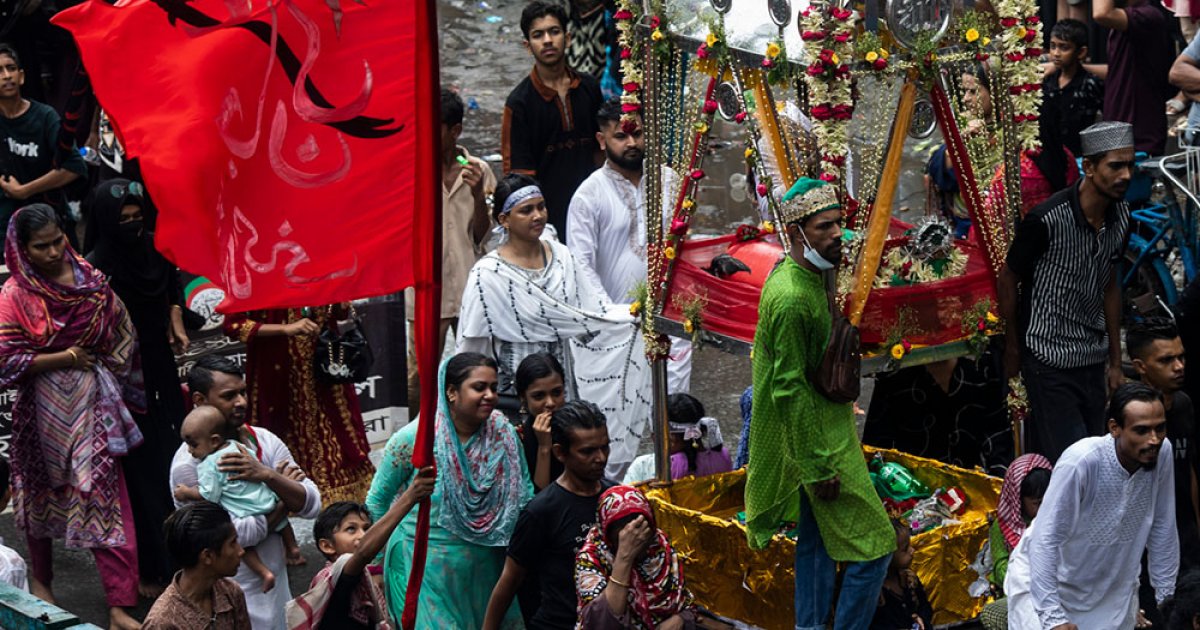
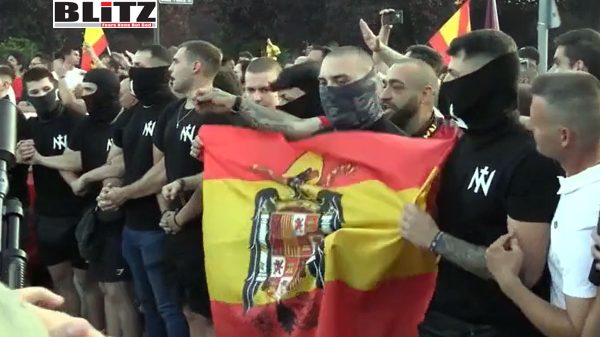
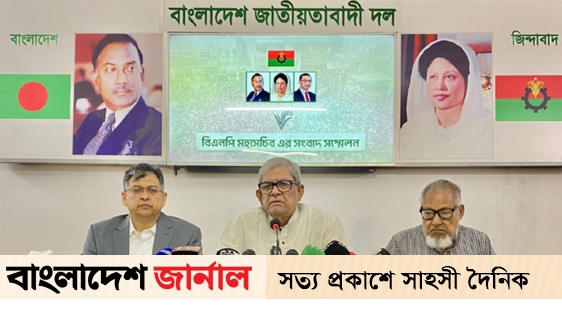

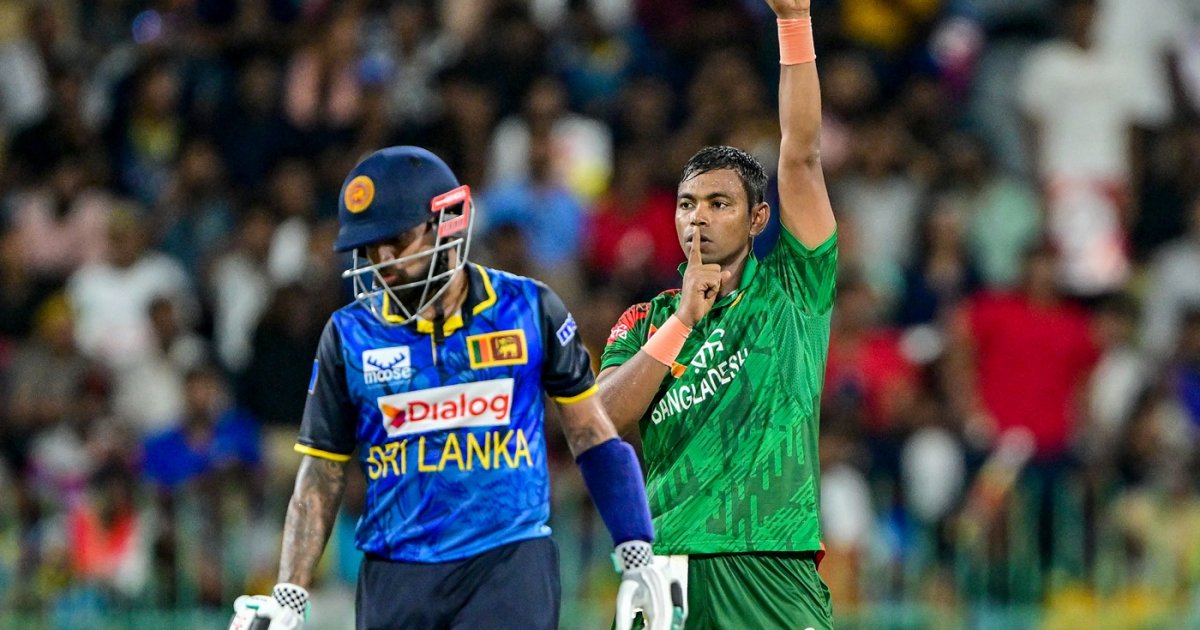
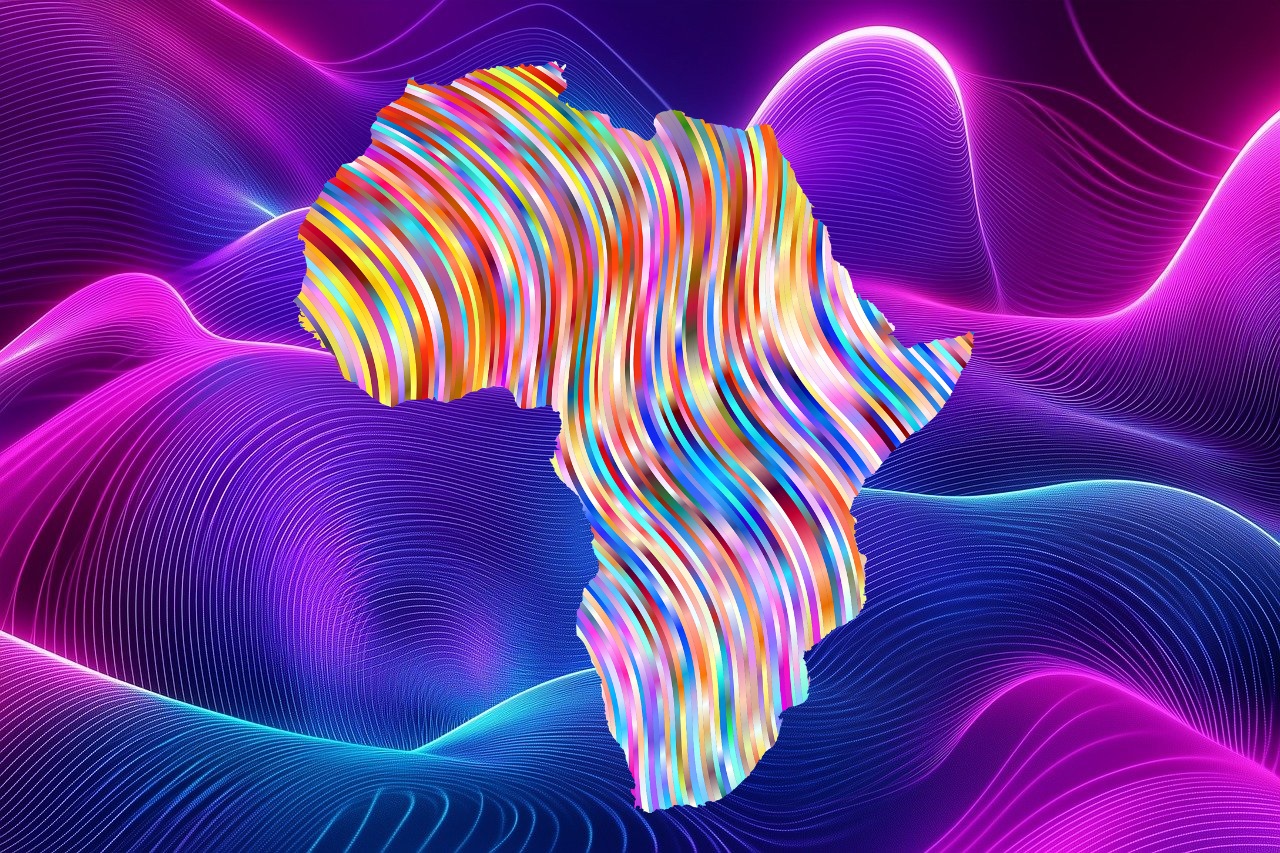
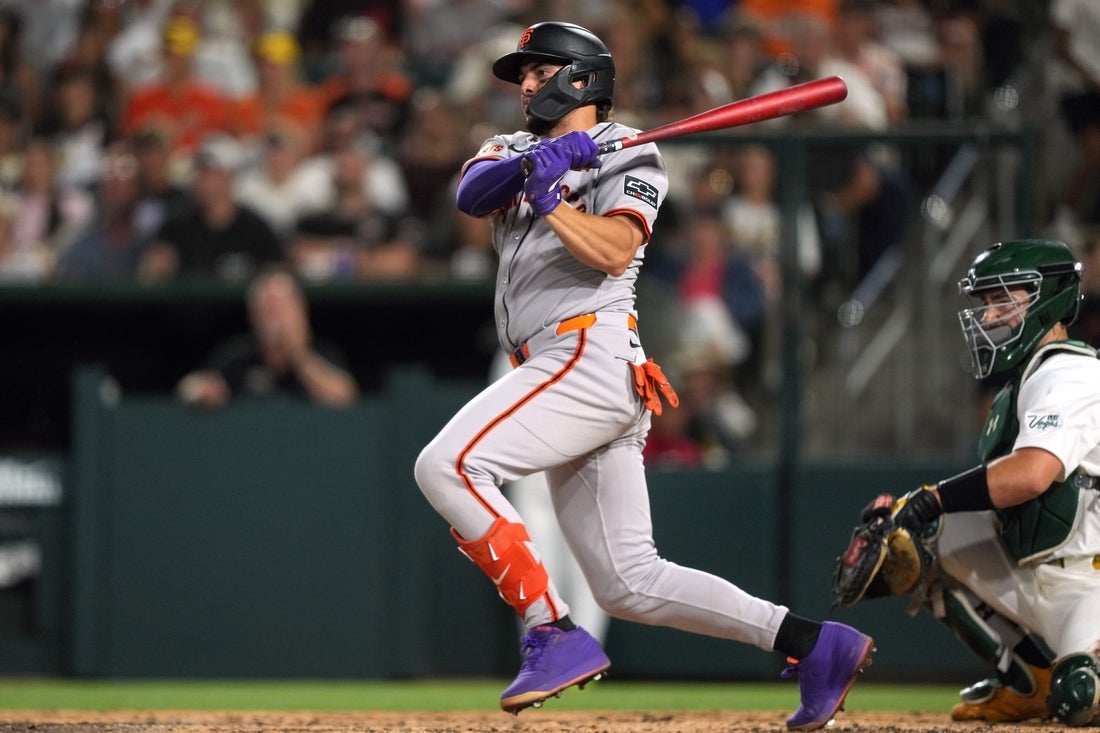

Leave a Reply